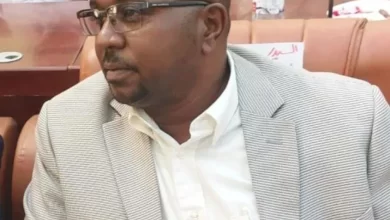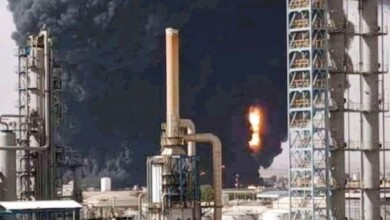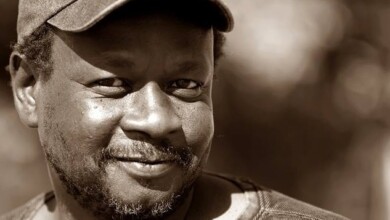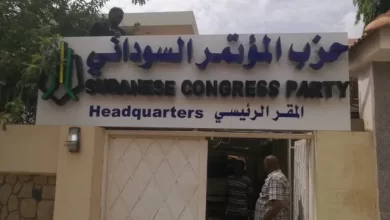AU: We won’t tolerate the coup and deployment of the mission depends on the cessation of fighting
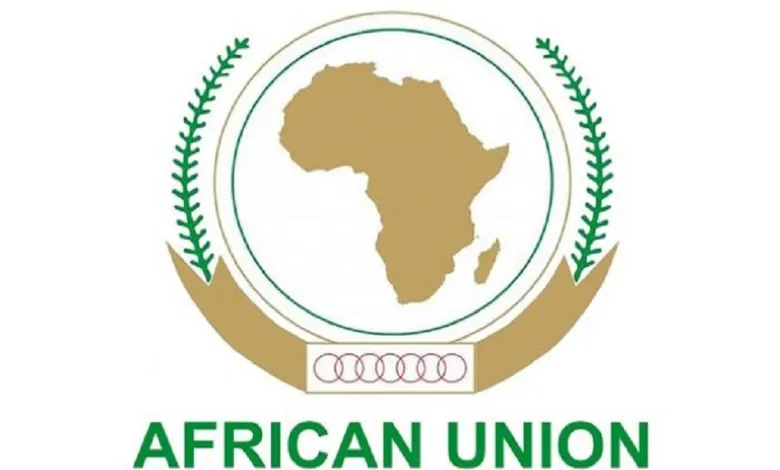
The Commissioner for Political Affairs, Peace and Security of the African Union, Bankole Adeoye, confirmed that the union won’t change its stance on rejecting military coups on the continent, including the military coup that took place in Sudan in (2021).
The African official discussed in a press conference held at the headquarters of the African Union in the Ethiopian capital, Addis Ababa, on Wednesday, the situation in the Sahel region, the danger of terrorist groups, and the ongoing conflicts in Sudan, Congo, and the Great Lakes region.
The Commissioner stressed that the African Union adopts a firm position against coups on the continent, including Sudan, Mali, and Burkina Faso, stating: (The position of the African Union is consistent, which is zero tolerance for unconstitutional coups on the continent).
He added that the urgent priority in Sudan is achieving a ceasefire, followed by facilitating the delivery of humanitarian aid, noting that the African Union is working in coordination with all stakeholders, including the Intergovernmental Authority on Development (IGAD) and the United Nations, to reach a practical solution to the crisis.
Bankole Adeyoye stressed that the deployment of the African Union Mission in Sudan is subject to the mandate of the Peace and Security Council, noting that the timing of its deployment depends on achieving a permanent ceasefire to which all warring parties are committed.
It is noteworthy that the Sudanese government refuses to accept any role for the African Union in resolving the ongoing conflict in the country unless it rescinds the suspension of its membership.
Adeyoye stated: (We are also pushing for a specified initiative represented by political dialogue, for we believe that a military solution to the crisis cannot be achieved without the participation of the active civil and political parties).
The Commissioner indicated that the African Union adheres to the principles of democracy and good governance as the basis for a vision for the future of Sudan, stressing the importance of building a new Sudan that prospers in peace with itself and its neighbors.
He concluded by stating that the Commission is focusing on addressing the core issues in Sudan, such as achieving a balance between the center and margin, ensuring the rights of marginalized groups, preventing ethnic cleansing, and ensuring the delivery of humanitarian aid.
He stressed the importance of coordination between the various parties to address external interference as a major factor in the Sudanese crisis.

